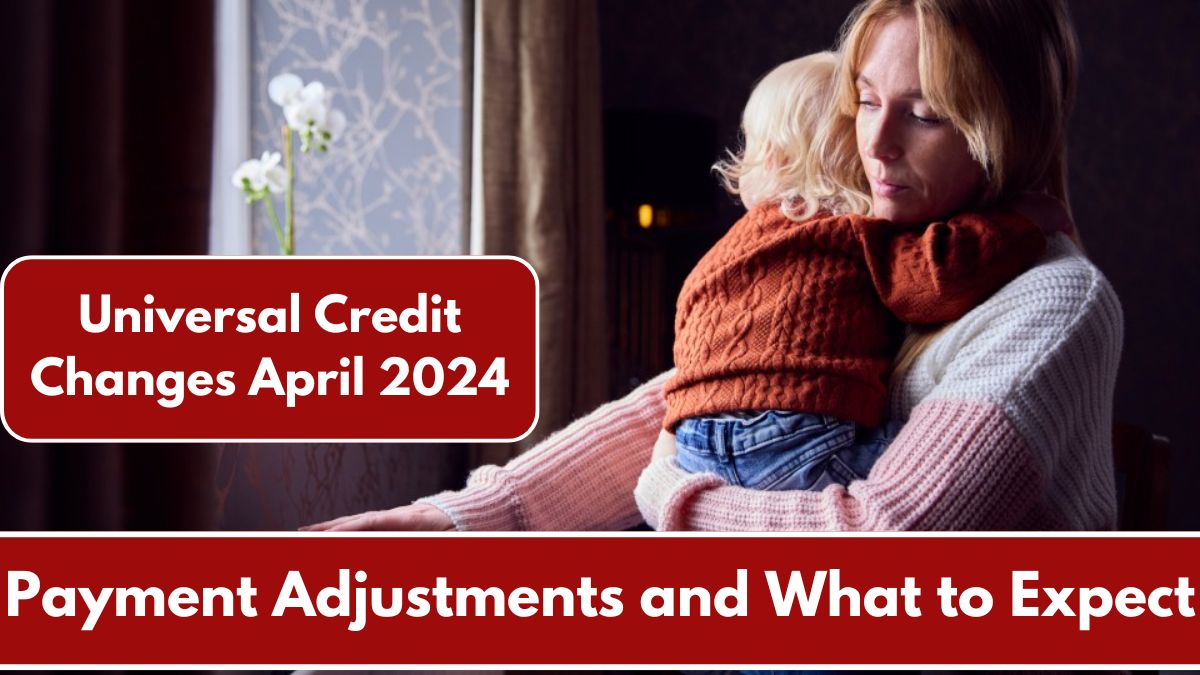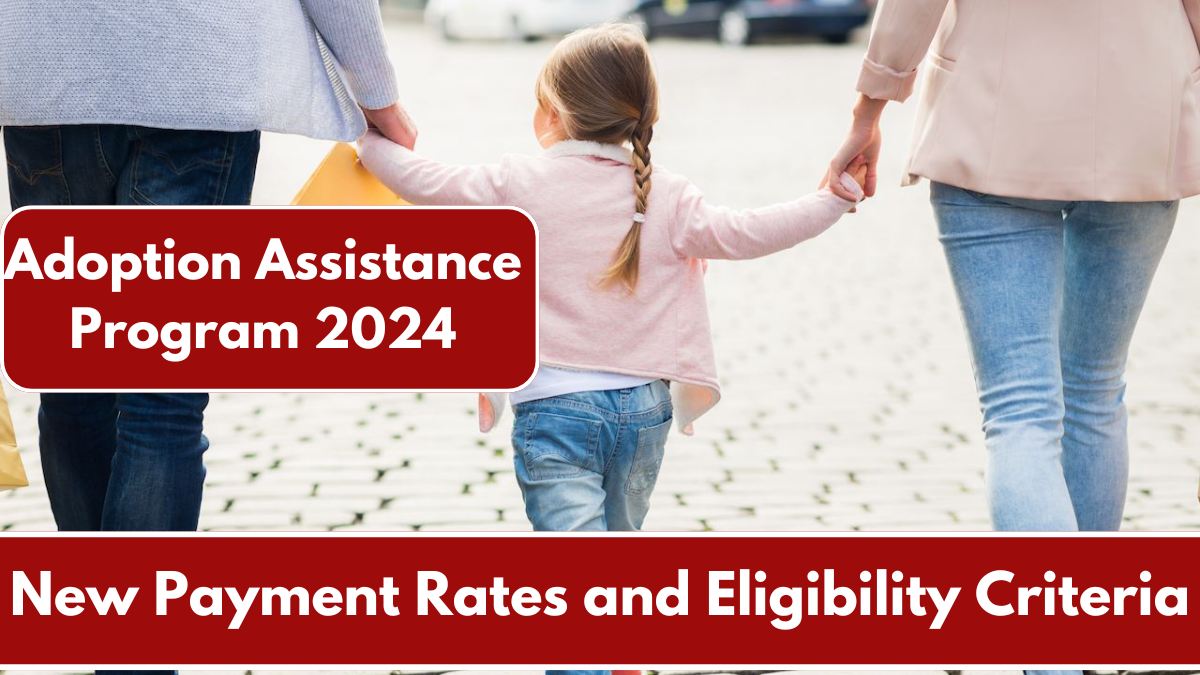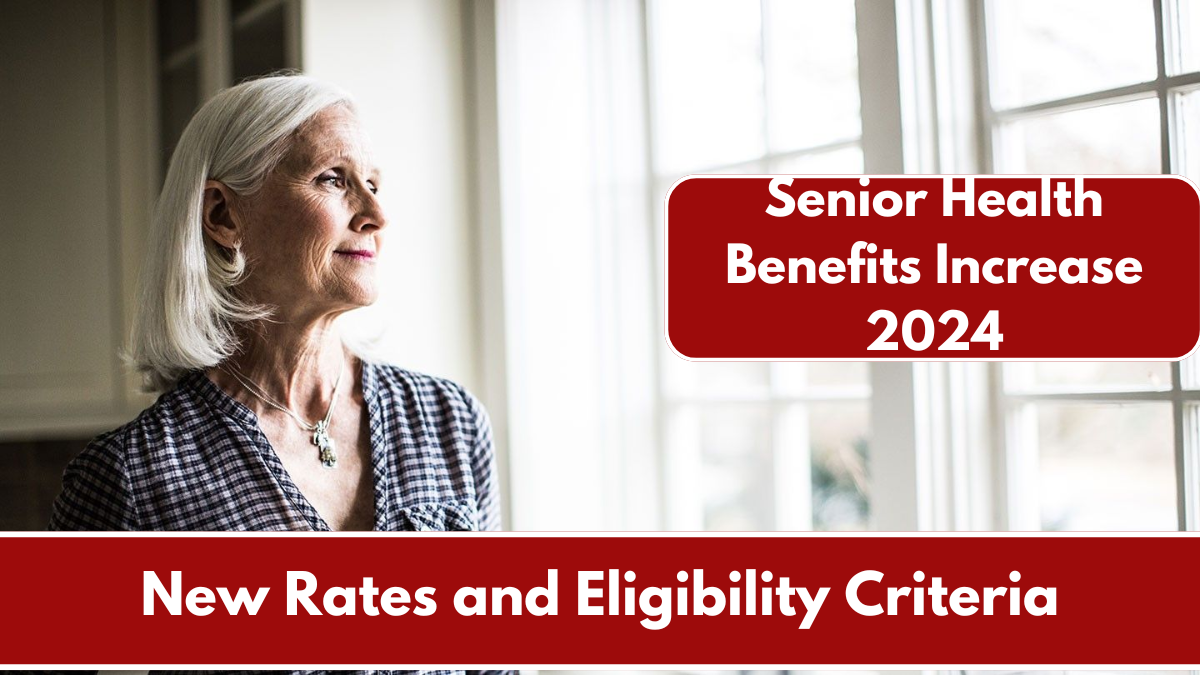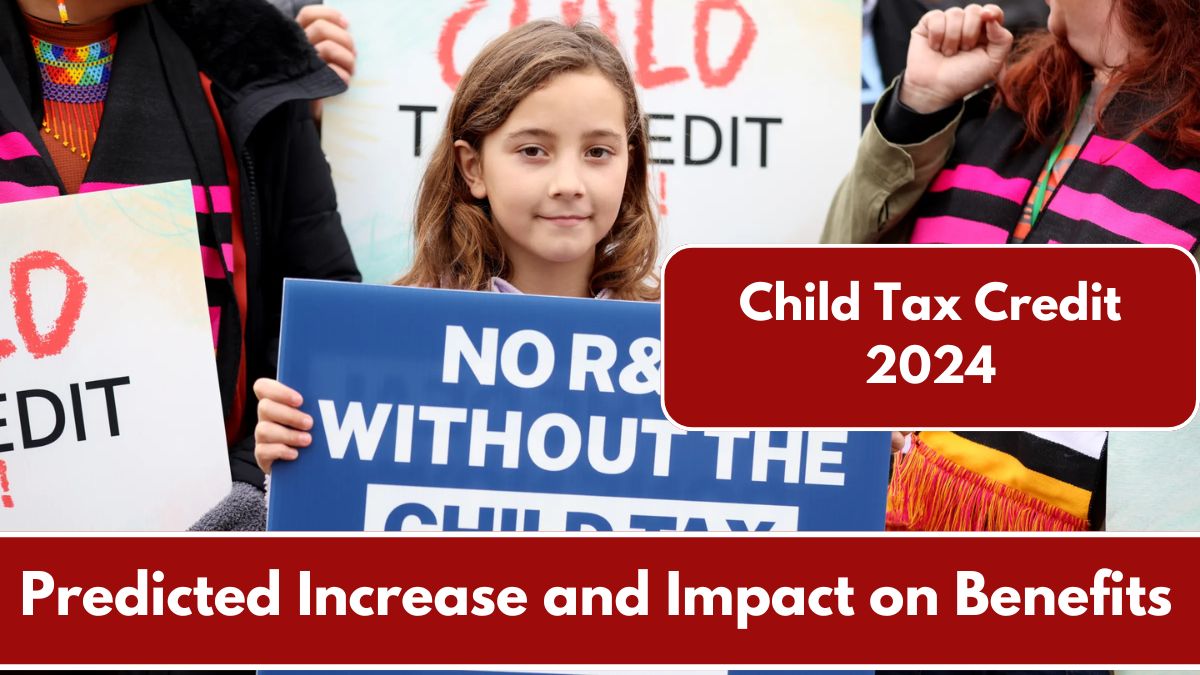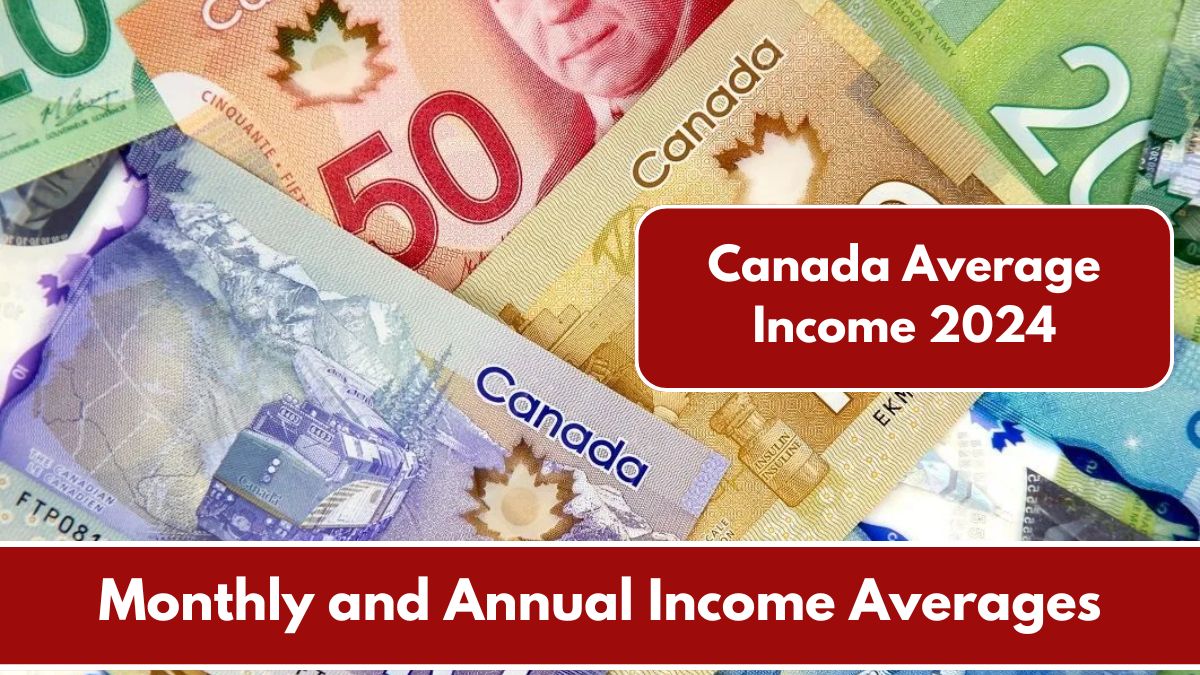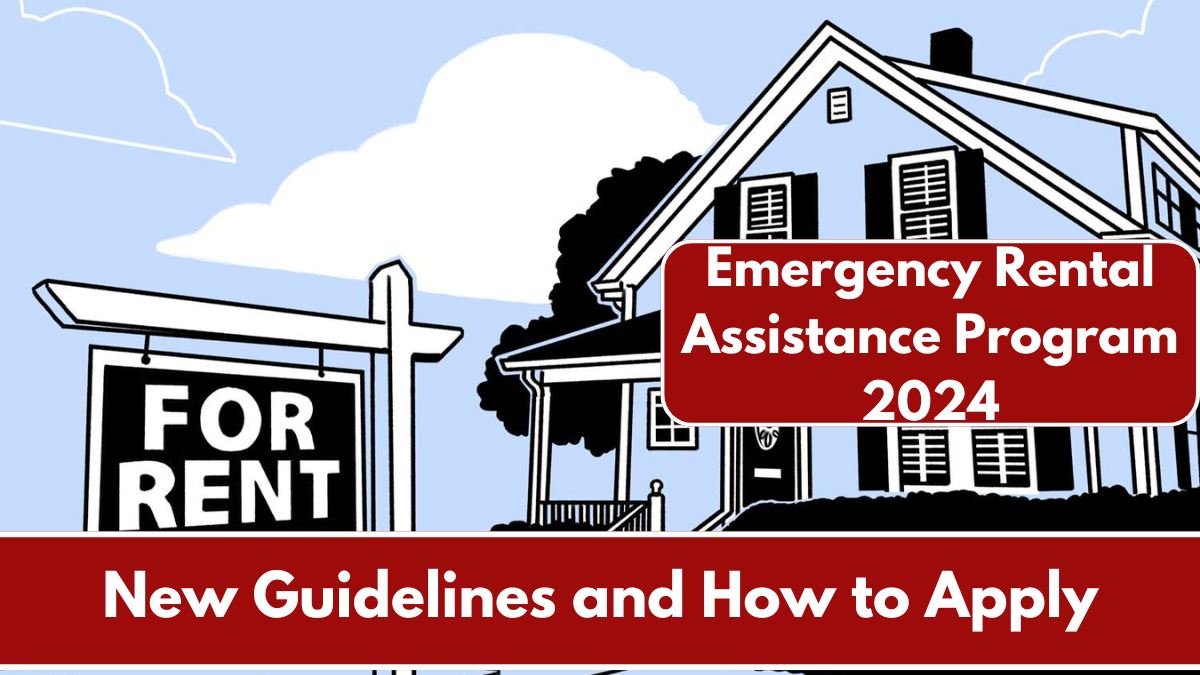Introduction:
The UK government has announced several changes to Universal Credit, set to take effect in April 2024. These adjustments aim to better support low-income households and improve the efficiency of the welfare system. In this article, we will break down the key changes, provide a detailed table of the new payment rates, and answer some common questions about the upcoming adjustments.
Key Changes in Universal Credit for April 2024
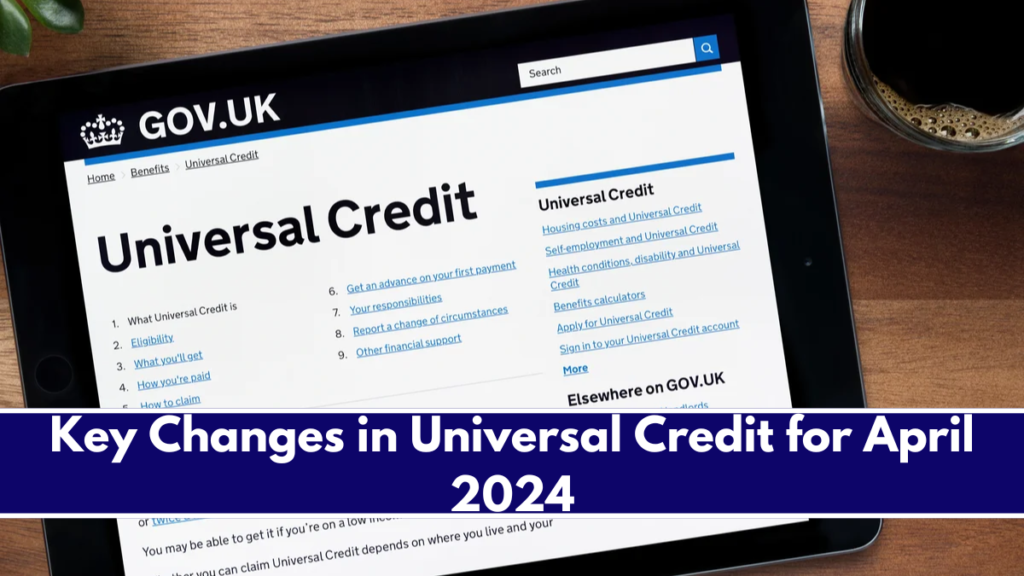
- Increased Standard Allowances: The standard allowances for single claimants and couples will see an increase to better align with the cost of living.
- Work Allowance Adjustment: Changes to the work allowance will affect how much claimants can earn before their Universal Credit starts to be reduced.
- Housing Support Updates: Adjustments to the housing element will reflect changes in average rental costs across the UK.
- Enhanced Support for Disabled Claimants: Increased support for claimants with disabilities or health conditions.
- Transitional Protection: Ensuring that claimants moving from legacy benefits to Universal Credit do not see a decrease in their payments.
Table: Universal Credit Payment Rates (April 2024)
| Category | Current Rate (2023) | New Rate (April 2024) |
|---|---|---|
| Single (under 25) | £292.11 | £300.00 |
| Single (25 or over) | £368.74 | £380.00 |
| Couple (both under 25) | £458.51 | £470.00 |
| Couple (one or both 25 or over) | £578.82 | £595.00 |
| Child Element (first child) | £290.00 | £300.00 |
| Child Element (second and further) | £244.58 | £250.00 |
| Disabled Child Addition (lower rate) | £128.89 | £135.00 |
| Disabled Child Addition (higher rate) | £402.41 | £410.00 |
Conclusion:
The changes to Universal Credit in April 2024 are designed to provide better financial support to low-income households and improve the overall efficiency of the welfare system. If you are a claimant, it is important to stay informed about these adjustments and understand how they will affect your benefits. For further information or personalized advice, consider contacting a welfare advisor or visiting the official government website.
FAQ’s:
Q1.What is Universal Credit?
Universal Credit is a social security benefit in the UK designed to support people with low incomes or who are out of work. It replaces six legacy benefits: Income Support, Income-Based Jobseeker’s Allowance, Income-Related Employment and Support Allowance, Housing Benefit, Child Tax Credit, and Working Tax Credit.
Q2.How will the increased standard allowances affect me?
The increased standard allowances mean that you will receive more money in your monthly Universal Credit payments, helping to better cover living expenses.
Q3.What is the work allowance and how is it changing?
The work allowance is the amount you can earn before your Universal Credit starts to be reduced. In April 2024, this allowance will increase, allowing you to keep more of your earnings before your benefits are tapered.
Q4.Will my housing support change?
Yes, the housing element of Universal Credit will be adjusted to reflect changes in average rental costs, ensuring your housing support is more in line with current market rates.
Q5.What is transitional protection and how does it work?
Transitional protection ensures that claimants moving from legacy benefits to Universal Credit do not see an immediate decrease in their payments. It provides a top-up payment to make up for any shortfall when transitioning to Universal Credit.

